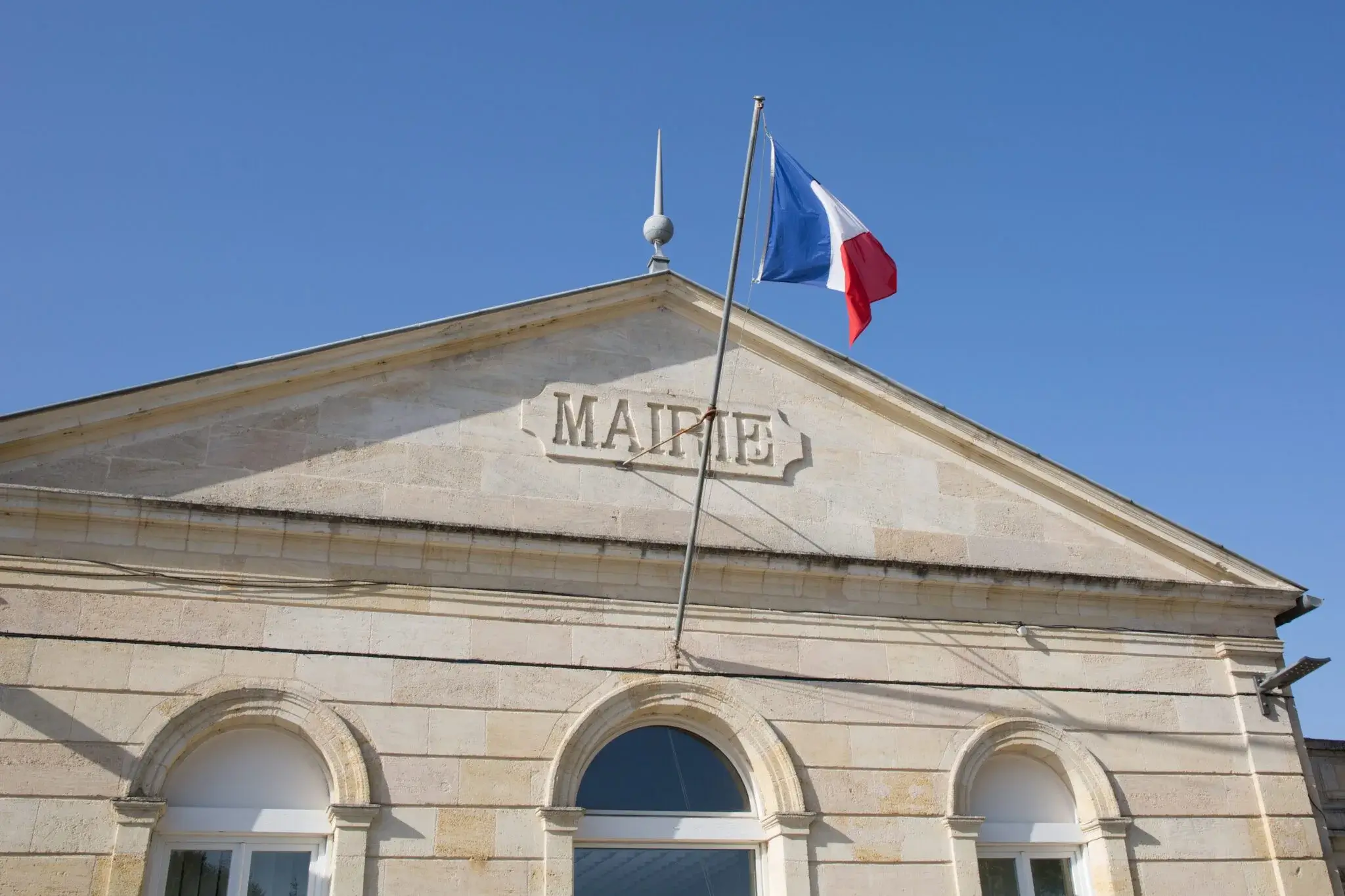
COMMUNAL PUBLIC ESTABLISHMENT / TOWN HALL (EPC) and the GDPR
A Municipal public establishment (EPC) is a legal entity created by a municipality to manage a local public service activity. The EPC is subject to municipal control and has a certain degree of management autonomy. The EPC can take different legal forms, such as a municipal authority, a local public company, or a public industrial and commercial establishment.
A town hall is a municipal public entity, created and managed by a municipality (or city) and whose mission is to provide local public services to the residents of that municipality. Municipal public establishments are legal entities governed by public law that are part of the territorial administration in France. It is attached to a municipality and its role is to ensure the management of local affairs and meet the needs of the municipality's residents.
There city hall is a public legal structure of the municipal public establishment type. It therefore has a legal personality distinct from that of the municipality. The town hall is headed by a mayor and a municipal council who are elected every six years. The mayor is responsible for implementing the decisions of the municipal council and the daily management of the municipality.
The town hall has powers and responsibilities defined by law. It is responsible for managing local public services (civil status, urban planning, roads, schools, etc.), municipal police, local finance management, regional planning, etc. The town hall is financed by its own resources (local taxes, fees, etc.) and by state grants. It is subject to legality control by the prefect and to financial control by the Regional Audit Office.
Town halls and more generally municipal public establishments are administrative entities which can deal with different types of personal data in connection with their missions. Among the personal data processed by town halls, we can cite:
- Civil status data: town halls are responsible for registering births, marriages and deaths in their area, and can therefore process data such as names, first names, dates of birth, addresses, etc.
- Election-related data: Town halls are also responsible for organizing elections in their area, and can therefore process personal data such as voters' names, first names, addresses, dates of birth, etc.
- Data related to administrative requests: town halls receive and process administrative requests from citizens, which may contain personal data such as names, first names, addresses, telephone numbers, etc. Data related to urban planning: town halls are responsible for urban planning in their territory, and may therefore process personal data such as names, first names, addresses, telephone numbers, etc. of property owners.
- Data relating to municipal services: town halls offer various services to citizens, such as nurseries, leisure centres, libraries, etc., and may therefore process personal data such as the names, first names, addresses, telephone numbers, etc. of users of these services.
It should be noted that the personal data processed by town halls are governed by regulations on the protection of personal data, in particular the General Data Protection Regulation (GDPR) and the Data Protection Act. In particular, town halls must respect the principles of purpose, proportionality, security and confidentiality in the processing of personal data.
